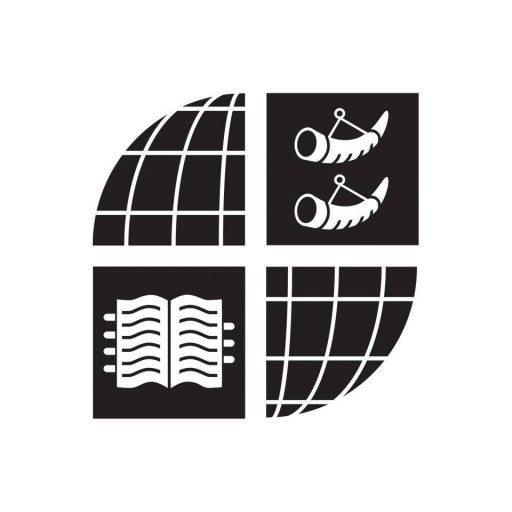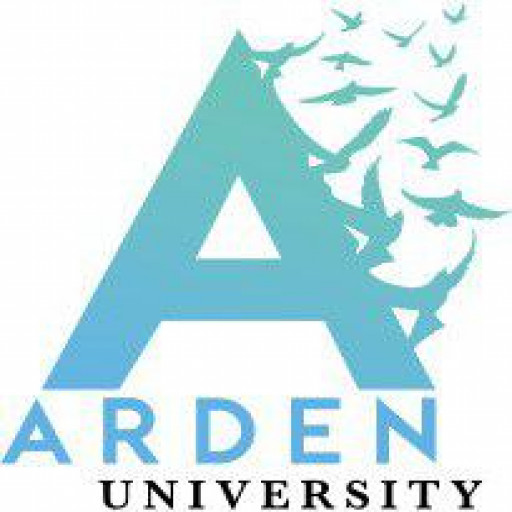Photos of university / #ucl
The MSc in Physics and Engineering in Medicine by Distance Learning at University College London is a comprehensive online programme designed for professionals and graduates eager to deepen their knowledge of applied physics and engineering principles in the healthcare sector. This flexible course offers a unique opportunity for students worldwide to study advanced concepts in medical physics, biomedical engineering, imaging techniques, radiation therapy, and medical device development from the comfort of their own homes, without the need for relocation or on-campus attendance.
The programme combines rigorous academic content with practical applications, preparing graduates for careers in medical physics, healthcare technology, biomedical research, or clinical engineering. Delivered entirely through online lectures, interactive modules, and virtual laboratory simulations, students can tailor their learning experience to their professional schedules and personal commitments. The curriculum covers fundamental physics concepts, the design and operation of medical imaging equipment such as MRI, CT, and ultrasound, as well as the principles of radiation safety, dosimetry, and radiobiology. Students also explore the engineering aspects of medical device development, maintenance, and quality assurance, gaining the skills necessary to support technological innovation in healthcare.
Throughout the course, students engage with experienced academics and industry professionals, participate in case studies, and undertake research projects that enhance their practical understanding of the subject matter. The programme emphasizes the development of analytical skills, technical competence, and ethical considerations relevant to medical physics and biomedical engineering. Upon completion, graduates receive a prestigious MSc qualification from University College London, opening doors to advanced roles in hospitals, research institutions, government agencies, and medical device companies. This programme's flexible structure, combined with its cutting-edge curriculum, makes it an ideal choice for those looking to advance their careers or transition into the growing field of medical physics and engineering in medicine.
Students study in detail the physics theory and practice that underpins modern medicine, and learn to apply their knowledge to established and emerging technologies in medical science. The programme covers the applications of both ionising and non-ionising radiation to the diagnosis and treatment of human disease and disorder, and includes a research project and the development of computational skills needed to apply this theory into practice.
Students undertake modules to the value of 180 credits.
The programme consists of eight core modules (120 credits) and the research dissertation (60 credits).
A Postgraduate Diploma, eight core modules (120 credits), is offered.
A Postgraduate Certificate, four core modules (60 credits), is offered
Core modules
- Ionising Radiation Physics: Interactions and Dosimetry
- Imaging with Ionising Radiation
- MRI and Biomedical Optics
- Ultrasound in Medicine
- Treatment with Ionising Radiation
- Clinical Practice
- Computing in Medicine
- MSc Research Project
- Professional Skills for Radiation Physics
Dissertation/report
All students undertake an independent research project which culminates in a research report of up to 10,000 words, a poster and an oral presentation.
Teaching and learning
The programme is delivered through a combination of lectures, demonstrations, tutorials, assignments and a research project. Lecturers are drawn from UCL and from London teaching hospitals including UCLH, St. Bartholomew's, and the Royal Free Hospital. Assessment is through supervised examination, coursework and assignments, a research dissertation and an oral examination.
A minimum of an upper-second class UK Bachelor’s degree from a UK university or an overseas qualification of an equivalent standard in physics, engineering, computer science, mathematics, or other closely related discipline. Workplace knowledge and expertise are also considered. Applicants with a lower than upper-second class degree may be invited for a short online interview with programme tutors as part of their application process.
Funding options for the Physics and Engineering in Medicine by Distance Learning program at University College London are diverse and designed to support students through various financial aids and scholarship opportunities. Applicants are encouraged to explore the university’s official website for detailed, up-to-date information regarding tuition fees and potential funding sources. The program typically charges international and domestic students standard tuition fees, with variations depending on residency status and specific circumstances. Students can consider applying for government-sponsored loans or grants available to UK residents, which can significantly offset tuition costs. UCL also offers a range of scholarships and bursaries for prospective and current students, aimed at supporting excellence and diversity within the student body. These may include merit-based scholarships, needs-based bursaries, and subject-specific awards for students demonstrating outstanding potential. Additionally, the university promotes external funding opportunities, including industry-sponsored scholarships, research grants, and charitable foundations dedicated to supporting education in medical physics and engineering. For students enrolled in the distance learning program, financing options may also include installment payment plans, allowing them to spread the cost of tuition fees over a defined period, making education more accessible. Some students may also benefit from employer sponsorships or professional development funding if they are already employed within relevant sectors. International students are advised to explore scholarship opportunities provided by their home country or international organizations committed to supporting global medical and engineering education. Furthermore, UCL’s financial aid office offers tailored advice and assistance to help students identify the most suitable funding schemes based on their individual circumstances. In summary, the university provides an extensive array of financial support options designed to make the Physics and Engineering in Medicine by Distance Learning program accessible to a diverse student population. Prospective students should consult the official UCL website and contact the university’s financial aid office directly for personalized guidance and the latest information on available funding opportunities.
The MSc in Physics and Engineering in Medicine by Distance Learning at University College London is a specialized program designed to provide students with a comprehensive understanding of the application of physics and engineering principles to medicine and healthcare. This program is ideal for professionals and graduates aiming to enhance their expertise in medical physics, biomedical engineering, or related fields. The course content covers fundamental topics such as medical imaging, radiation physics, biomechanics, and medical device engineering, alongside advanced modules that explore cutting-edge technologies used in diagnosis and treatment. Through a flexible online learning structure, students can study at their own pace, balancing their professional commitments with academic pursuits. The program includes a combination of online lectures, multimedia resources, interactive assessments, and project work to facilitate an engaging learning experience. Students also have access to UCL's extensive digital library resources, virtual labs, and support from expert tutors. The degree aims to equip graduates with both theoretical knowledge and practical skills, enabling them to contribute effectively in medical physics departments, biomedical engineering firms, or research settings. The course also prepares students for further professional certification or PhD research if they choose to pursue doctoral studies later. The program duration typically spans one to two years depending on the student's study pace. Entry requirements generally include a good undergraduate degree in physics, engineering, or a related discipline, along with relevant professional experience in some cases. By offering this program via distance learning, UCL ensures access for students worldwide, fostering a diverse international cohort. Graduates are expected to demonstrate competence in applying physics principles to analyze and solve real-world medical problems, enhance patient care through technological innovation, and contribute to healthcare improvements through research and development. Overall, the MSc in Physics and Engineering in Medicine by Distance Learning from UCL aims to develop highly skilled professionals capable of making significant contributions to the evolving field of biomedical technology and healthcare delivery.



